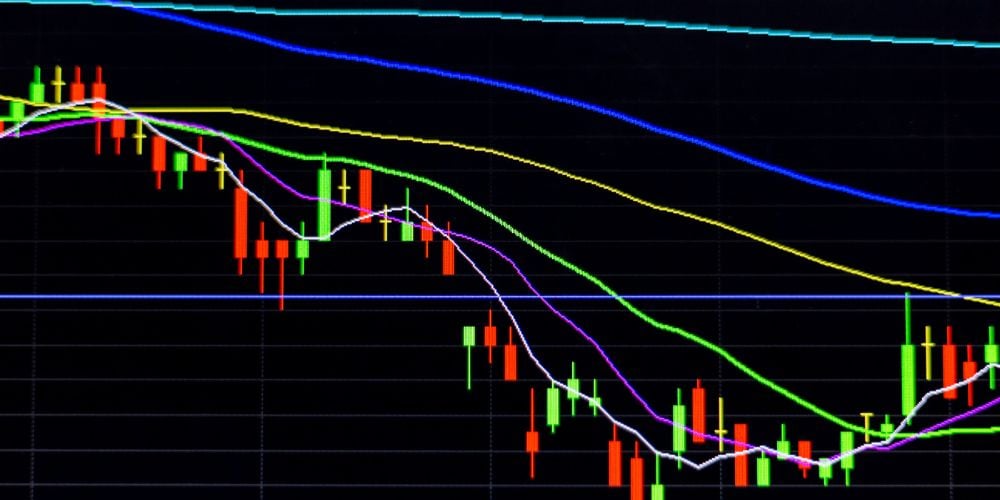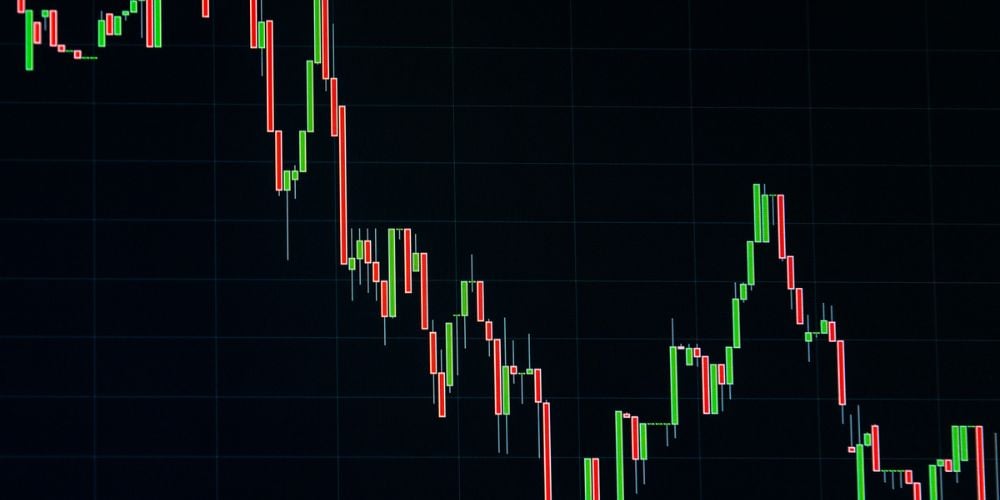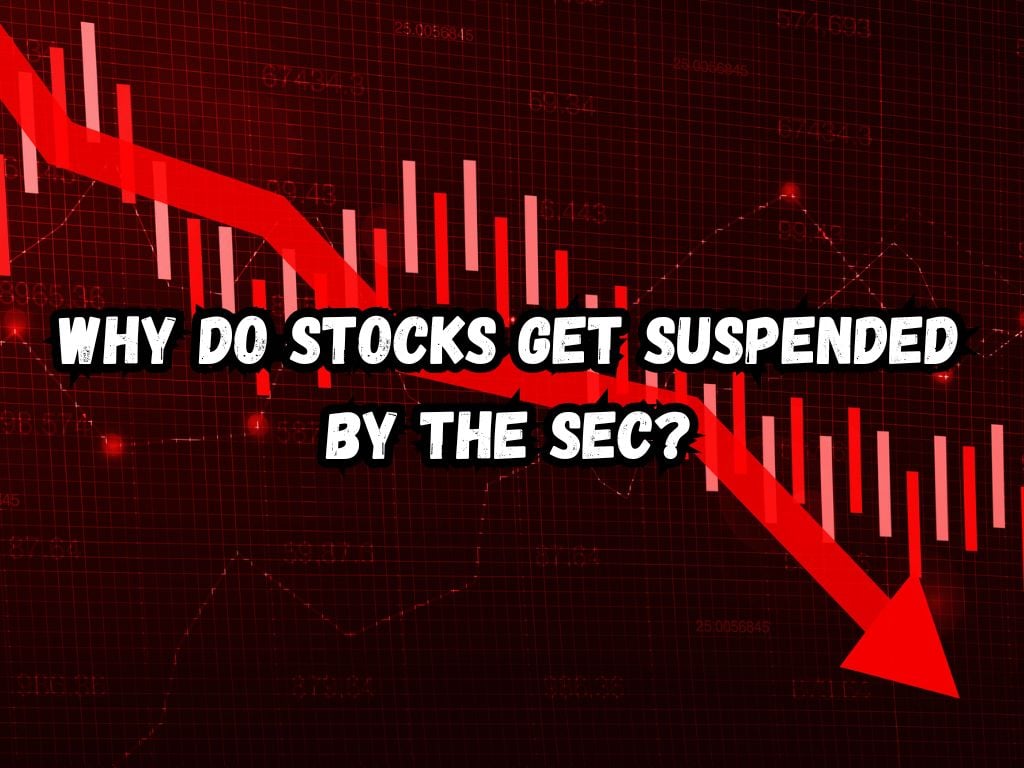The world of finance never sleeps, and within its intricate dance of numbers and trends lies regulatory organizations that act as watchdogs.
Among the most prominent is the U.S. Securities and Exchange Commission (SEC), tasked with maintaining fair, orderly, and efficient markets.
At times, unusual activity in a stock leads the SEC to put its foot down, resulting in a trading suspension. But do you know why do stocks get suspended by the SEC?
Here’s a closer look into how and why these suspensions happen and what they mean for investors.
Understanding Stock Suspensions
Stock suspensions occur when the SEC intervenes to stop trading on a particular stock. Though it can invite speculation, a suspension is a measure taken to protect the public from more than just monetary loss—it’s about ensuring trust in the system.
Unlike brief trading halts, which may last a few hours to address a specific issue, suspensions can span several days or more, representing a serious response to significant concerns.

Why Do Stocks Get Suspended by the SEC? Reasons for Stock Suspensions by the SEC
The reasons the SEC may suspend trading in a stock are varied. If a company has not provided current or accurate financial information, it betrays the transparency crucial to fair trading.
Another red flag for suspension is the suspicion of fraud or market manipulation. When a stock shows wild swings or other signs of extraordinary market activity, it often points to deeper issues that need investigating.
The SEC must decide to act quickly in these cases to maintain order and prevent any unfair advantages.
The Process of Suspension
The SEC doesn’t suspend trading on a whim. A detailed assessment leads up to this point, often involving careful scrutiny of market activity and company communications.
When the decision is made, a public announcement ensues before the suspension takes effect, informing all stakeholders of the action and the reasons behind it.
This announcement is critical in maintaining transparency even during a challenging enforcement action.
Consequences of Trading Suspensions
When a stock is suspended, the immediate effect is the cessation of trading, which can dismay investors who find themselves suddenly unable to act on their shares.
Long-term, the company involved might see their reputation harmed, potentially affecting future investment and activity.
The fallout from a suspension can also trigger legal battles, where allegations and defenses sprawl across courtrooms, seeking resolution and bringing further attention to the issues that led to the suspension.
How Investors Can Respond to Suspensions
There’s little an investor can do once a stock they hold is suspended, but the sting can serve as a vital lesson in due diligence.
It’s a warning to look closely at the stocks they choose and to understand the company’s standing fully, including their compliance with SEC filings and regulations.
A diversified portfolio can mitigate the risk, spreading potential hits across various sectors and investments to shield an investor from devastating losses linked to any single event.

How to Recover After a Suspension
Investors holding suspended stocks feel the impact intensely. Once trading resumes, the stock might hold less value, if any at all. Recovering from such a blow involves patience and a broad view of one’s investment strategy.
Some may seek legal avenues, particularly if the suspension stems from activities that harmed shareholders, like fraud. Professional financial advice can also shine a light on what steps to take next to recuperate and rebuild.
Preventing Future Suspensions
Companies must make concerted efforts to avoid finding themselves under SEC scrutiny. Strong internal controls, faithful reporting practices, and clear direct communication are the bedrock of a trustworthy public company.
For investors, it’s crucial to back businesses that show a commitment to regulatory compliance, as this can be an indicator of stability and respect for shareholder value.
Frequently Asked Questions
What happens to my investment during a trading suspension?
During a trading suspension, transactions are halted. As an investor, you cannot buy or sell shares of that particular stock. Generally, the value of your holding becomes uncertain as its trading has been stopped.
Once the suspension is lifted, trading resumes, but the price may significantly differ from its pre-suspension value.
Can a suspended stock be relisted or traded again?
Yes, a suspended stock can indeed be relisted or traded again. However, the duration varies and may depend on the reasons behind the suspension.
For relisting, the company must address the issues that led to the suspension and meet the exchange’s listing standards. It is important to note that even if the stock is relisted, it may not regain its previous value.
How can I find information on current SEC suspensions?
The SEC maintains a list of suspended securities on its official website. It regularly updates this list with the details of the company, symbol, suspension date, and reason for suspension.
Staying informed about such suspensions helps investors make prudent investing decisions and avoid potential trading risks.
Conclusion
Understanding why the SEC might suspend stock trading helps investors navigate a complex market. As an investor, awareness of the factors leading to suspensions can refine your investment strategies and protect your portfolio from unforeseen risks.
The investing landscape is ever-changing, but continual learning and adherence to due diligence remain enduring pillars of trading success.


 Tags:
Tags:










